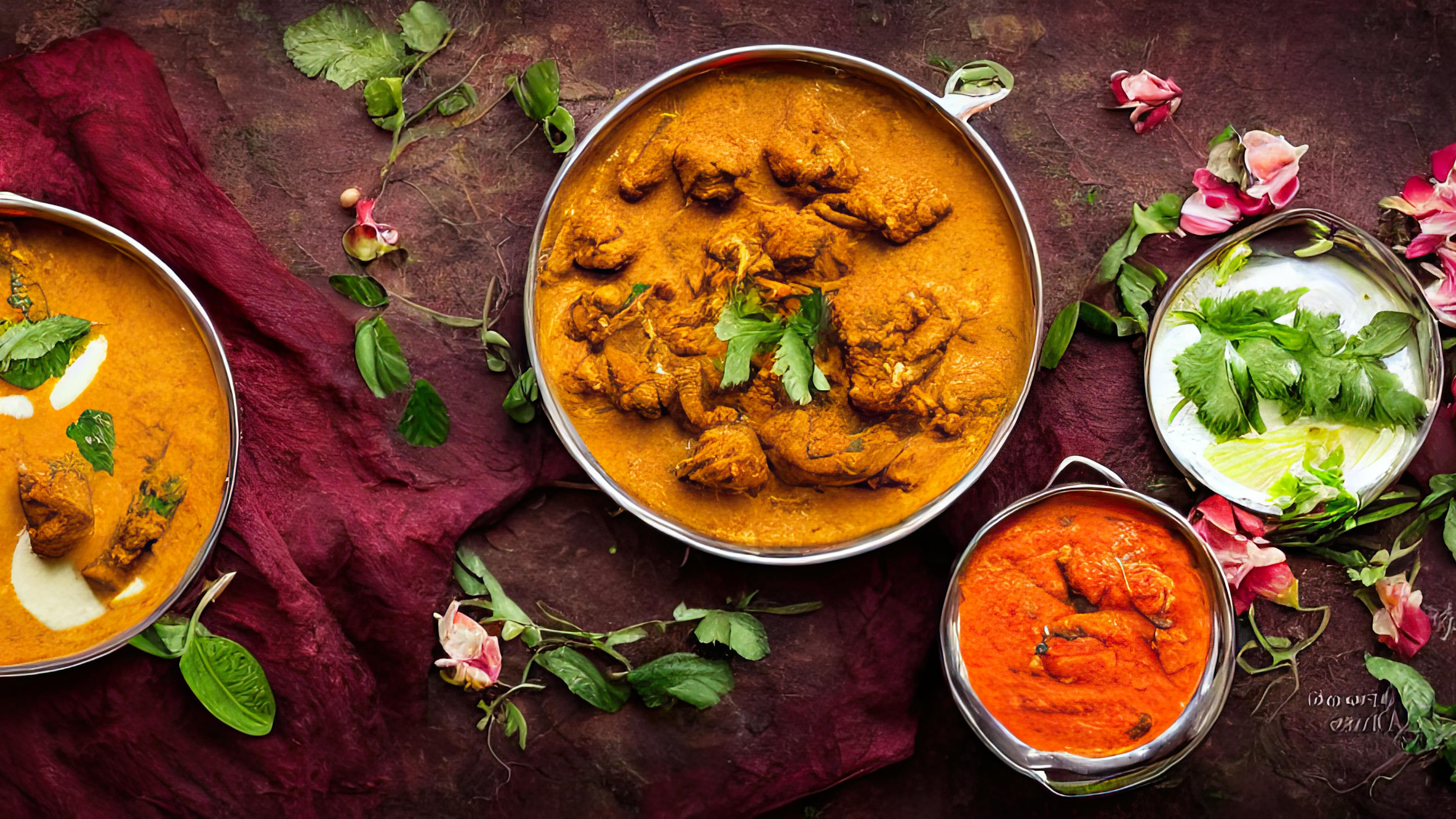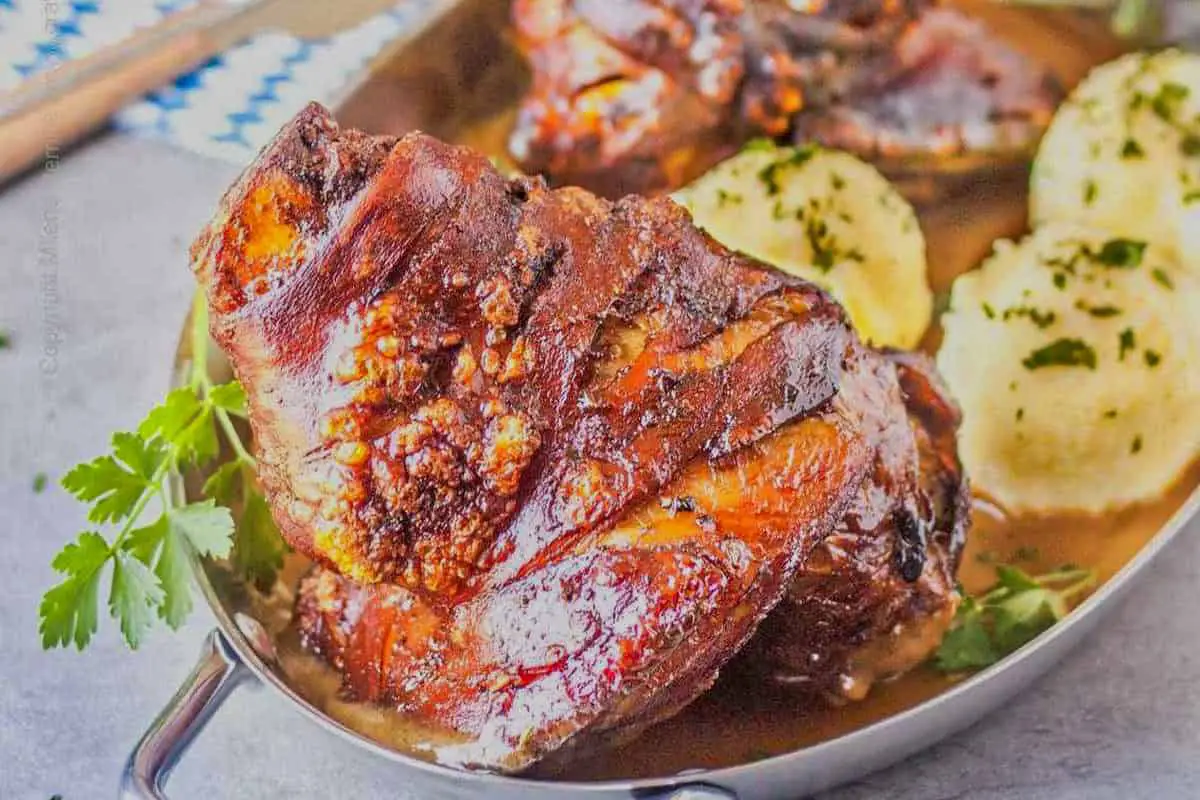When thoughts turn to the culinary character of Germany, many people, it's almost, often picture hearty dishes, golden beers, and a welcoming atmosphere. This general image, you know, quite often stems from the unique traditions and rich heritage of Bavaria, a place known for its deep sense of self. The flavors and customs associated with this southern region, in a way, have become synonymous with the broader German food experience, making it a focal point for anyone looking to understand the country's taste.
This connection is more than just a passing thought; it reflects how deeply Bavarian culture has influenced the collective perception of German cuisine. Its geographical spread and distinct way of life, you see, contribute to a unique approach to meals that is both deeply rooted and widely recognized. Exploring what makes this area special helps us appreciate the foundations of its culinary reputation.
So, what exactly sets Bavaria apart, and how does this distinctiveness shape the perception of its food? From its vast landscapes to the strong identity of its people, the region offers a rich backdrop that, in some respects, colors every aspect of its traditions, including what ends up on the dinner table. We will, perhaps, look at how the land, the people, and their history intertwine with the concept of Bavarian food.
- Redmond Oneal 2025
- Joanna Gaines Net Worth
- Jason Beghe Height
- Inigo Montoya Portrayed By
- Are Matt And Frannie Still Together
Table of Contents
- What Makes Bavarian Identity So Distinctive?
- How Does Bavaria's Size Relate to Its Cuisine?
- Is Bavarian Food Truly Unique, or Just "German"?
- Why Do Bavarians Cherish Their Land?
What Makes Bavarian Identity So Distinctive?
Bavarians, you know, represent a group of Germans with deep roots in Bavaria, their home state. This particular group speaks a dialect or language known as Bavarian, which is native to a place called Altbayern, or "Old Bavaria," roughly speaking. This linguistic heritage is just one piece of what creates a very strong sense of identity among the people here. They have, in fact, a very firm grasp of who they are and what their heritage means. It makes you wonder, actually, what it truly means to be Bavarian. It seems to be about more than just where you live; it's about a shared culture, a collection of ways of doing things, and a long history that, you know, shapes this very distinct identity. The official name, "Free State of Bavaria," even hints at this independent spirit, which, I mean, is quite telling about their self-perception.
This strong identity, it turns out, is tied to many things, including the beautiful surroundings. The people of Bavaria are, apparently, quite aware of the stunning natural settings all around them. There's a real focus on appreciating these landscapes, a kind of deep respect for the land itself. This awareness and appreciation, you could say, become part of their very being, influencing how they live and how they view the world. It’s a core element of their unique culture, something that sets them apart within Germany as a whole. This sense of belonging and connection to their home is, in some respects, a foundational piece of their collective character.
The Landscape's Influence on Bavarian Food
The physical setting of Bavaria, for instance, plays a rather significant role in shaping its unique character, and by extension, the ideas around Bavarian food. Being home to the lower parts of the Alps, the scenery here is, quite simply, breathtaking. This area is well-known for its untouched countryside, very clean air, and a sense of richness in its natural resources. Such a pristine environment, you know, naturally influences the kinds of ingredients that are available and traditionally used in the local way of eating. When you have such a wealth of natural beauty, it often leads to an appreciation for what the land provides directly.
- Gypsy Rose Blanchard Boyfriend
- Has Denzel Washington Died
- The Black Dahlia Autopsy
- Why Did Joe Gatto Leave Impractical Jokers
- Rj Davis Girlfriend 2025
Consider the varied terrain mentioned in the text: the Bavarian forest, the Fichtelgebirge mountains, the high flat areas of the Rhön, and the banks of the Main or the Danube rivers. Each of these different parts of the landscape, you know, would historically offer different types of produce, different animals, and different methods of preparing food. A region with mountains might rely on different resources than one with a major river. This geographical diversity, in a way, creates a foundation for a varied approach to Bavarian food, even if the general perception of it is, you know, quite unified. The very air and land, arguably, contribute to the taste and tradition of what people eat here.
How Does Bavaria's Size Relate to Its Cuisine?
Bavaria, as a land area, is, basically, the largest German state. It covers a significant portion of the country, roughly one-fifth of Germany's total land space, measuring about 70,550.19 square kilometers (which is 27,239.58 square miles). With more than 13.08 million people living within its boundaries, it's a place with a substantial population, too. This sheer size and the number of people living there, you know, mean that there's a lot of internal variety within the state itself. It's not just one uniform area; it's a collection of many different communities and environments, which, in a way, could lead to different food customs.
The state stretches across the entire southeastern part of Germany. It shares its northern borders with the states of Thuringia and Saxony. This expansive reach, you see, suggests a range of local influences, both from within its own large territory and from its neighbors. A place that big, with so many different geographical features and communities, is likely to have, you know, slightly different ways of preparing meals from one end to the other. While there might be overarching themes, the vastness of Bavaria almost certainly allows for many distinct local variations in what people eat.
Regional Flavors of Bavarian Food
Given Bavaria's large size and diverse geography, it's reasonable to think that the concept of Bavarian food would have regional differences, even if, you know, it's often seen as one unified style. The text points out various geographical features: the Bavarian forest, the Fichtelgebirge mountains, the high plains of the Rhön, and the riverbanks of the Main or the Danube. Each of these natural settings, in a way, would have traditionally supported different types of farming, different wild game, or different fishing opportunities. For example, communities near the Danube might have different fish dishes than those living high in the Fichtelgebirge mountains, who might rely more on game or mountain dairy.
This natural variety, it seems, would naturally lead to different local specialties. Even if a dish is broadly considered "Bavarian," its specific preparation or ingredients might change depending on whether you are in Altbayern, the traditional "Old Bavaria," or another part of the state. The unique culture of this southern German region, as the text notes, has a character all its own. This character, you know, is probably expressed through subtle differences in how people eat from one area to another, reflecting the very local resources and traditions that have developed over time. So, while we talk about "Bavarian food" as a whole, it’s fair to say there are, probably, many delightful regional interpretations within it.
Is Bavarian Food Truly Unique, or Just "German"?
One interesting point from the text is that many of Bavaria's ways of doing things, and much of its cooking, are, you know, quite often mixed up with Germany as a whole. This means that what people think of as typically "German" food might actually have its roots, or its most famous examples, in Bavaria. It raises a good question: how much of what we call "German food" is, actually, Bavarian in origin? This conflation, or mixing up, suggests that Bavaria's culinary traditions are so prominent that they've become the standard for the entire country in many people's minds. It's a rather significant cultural influence, to be honest.
Bavaria, you know, truly is a southern German region with a culture that stands on its own. This distinct cultural identity, which includes its history and traditions, naturally extends to its way of eating. So, while its food might be seen as representative of Germany, it still has its own unique flavor, so to speak, shaped by the local people and their customs. The people of Bavaria have a very strong sense of who they are, and this pride in their identity is, perhaps, reflected in the distinctiveness of their food, even if it's sometimes hard for outsiders to tell where "Bavarian" ends and "German" begins.
Unpacking the Idea of Bavarian Food Identity
To really get a grip on the identity of Bavarian food, we need to consider that it's often seen as representing German cooking in general, as the text points out. This means that for many people, the hearty, traditional dishes they associate with Germany are, in fact, the kind of things that have been enjoyed in Bavaria for a long time. It's almost as if Bavarian cuisine has become the benchmark, the picture that comes to mind when you think of German food. This isn't to say other regions don't have their own food, but Bavaria's has, apparently, made a particularly strong impression.
The unique culture and traditions of Bavaria, you know, play a huge part in this. The emphasis on cherishing the beautiful landscapes, for instance, might suggest a connection to local ingredients and traditional, perhaps, simpler ways of preparing meals that honor the land's bounty. When a group of people has such a strong sense of who they are, as Bavarians do, it naturally expresses itself in all aspects of life, including what they eat. So, while the term "Bavarian" refers to people with ancestry from this state, it also, in a way, points to a distinct culinary tradition that, basically, helps define a part of Germany's overall food story.
Why Do Bavarians Cherish Their Land?
The people of Bavaria, it seems, are very much aware of the stunning natural beauty that surrounds them. The text mentions that there's a strong emphasis on cherishing these beautiful landscapes. This isn't just a passing appreciation; it's a deeply ingrained part of their culture. Being home to the lower slopes of the Alps, the scenery is, you know, naturally breathtaking. This area is known for its untouched countryside, its very clean air, and a sense of natural richness. When you live in a place like that, it's pretty natural to feel a strong connection and a desire to protect what you have.
This cherishing of the land goes hand in hand with their strong sense of identity. The land itself, you could say, is part of what it means to be Bavarian. Whether it's the Bavarian forest, the Fichtelgebirge mountains, the high, flat areas of the Rhön, or the banks of the Main or the Danube rivers, these places are not just geography; they are, basically, part of their heritage. This deep respect for their environment, you know, shapes their traditions and their way of life, creating a unique culture that stands out. It's a fundamental part of their collective character, honestly.
Connecting Land Appreciation to Bavarian Food
The deep appreciation Bavarians have for their land, as described in the text, very much suggests a connection to their food. When people cherish their pristine countryside and clean air, it often means they value the things that come directly from that land. This could translate into a preference for fresh, local ingredients and a way of cooking that respects the natural bounty available. The idea of "cherishing" implies a careful use of resources and, perhaps, a tradition of eating what the local environment provides.
So, in a way, the very concept of Bavarian food is tied to this respect for the land. The diverse landscapes mentioned—forests, mountains, and rivers—would each offer different natural provisions, which, you know, would historically shape local eating habits. This appreciation for the environment and its gifts could be a reason why much of Bavaria's cuisine, as the text notes, is so deeply ingrained in their culture and, arguably, has become so well-known that it's often seen as representing German food as a whole. It’s a reflection of their identity, literally, on the plate.
Related Resources:



Detail Author:
- Name : Mr. Raphael Mertz
- Username : gulgowski.allison
- Email : sally19@hotmail.com
- Birthdate : 1988-02-15
- Address : 527 Mante Pass Adrielberg, ME 83264
- Phone : 1-678-783-7272
- Company : Sporer, Skiles and Koepp
- Job : Forming Machine Operator
- Bio : Totam quod id pariatur odio cum eligendi sit. Alias fuga error pariatur a quaerat reprehenderit sit. Sed odio vero quia vel. Enim nam ullam quasi nesciunt natus.
Socials
twitter:
- url : https://twitter.com/allene.nicolas
- username : allene.nicolas
- bio : Ipsum consequatur sunt error labore nam est consequuntur. Ea itaque facere suscipit. In non porro quasi suscipit fugiat facere.
- followers : 3350
- following : 1435
tiktok:
- url : https://tiktok.com/@allene4798
- username : allene4798
- bio : Facere est fugiat qui. Nihil repellendus aut quod eum ipsum cupiditate.
- followers : 4067
- following : 2469
instagram:
- url : https://instagram.com/allene.nicolas
- username : allene.nicolas
- bio : Deleniti id accusamus maxime dolor ut incidunt id est. In et sit maiores neque facilis.
- followers : 1716
- following : 2737